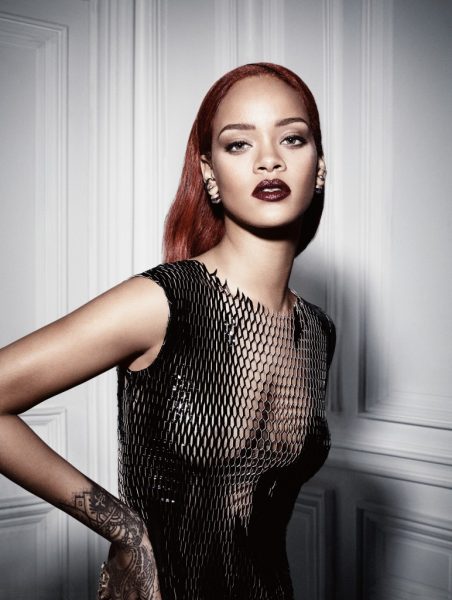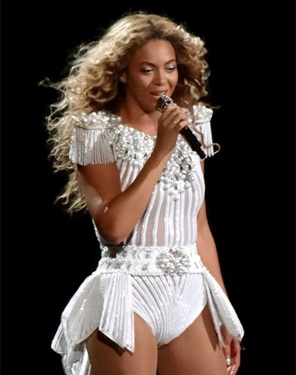
In Vanity Fair’s current cover story on Rihanna, she discusses the chasm between her reality and her reputation. Jay-Z confirms that her authenticity is one of her biggest attractions. That was our take, too, when we published this in December 2012.
At 24, Rihanna is one of the world’s biggest pop stars. She’s become the most-liked person on Facebook by acting in a way that many celebrities don’t: genuinely.
The combination of authenticity and transparency has earned her recognition ranging from TIME’s “100 Most Influential People in the World” to Forbes’ “Celebrity 100” and “Social Networking Superstars.” “Rihanna’s fans love her all the more for being so brazenly imperfect,” wrote Huffington Post’s Kia Makarechi, whose take rings true in the singer’s candid talk in a recent Vogue profile.
Recent 777 Turbulence
Given her self-proclaimed “Good Girl Gone Bad” reputation, the reports from Rihanna’s recent 777 Tour weren’t that surprising. To promote her new album she invited some lucky fans and more than 150 journalists to jet around on a seven-country, seven-concert jaunt. First-hand accounts offered harrowing tales of what transpired, but they steered clear of blaming Rihanna, instead lamenting the exhausting travel and poor execution of the weeklong trip.
She ended up showing her travel companions the other side of being a global pop icon—it can be incredibly grueling. “It’s impossible to spend time with everybody, and I’m sorry I didn’t,” she told the press as the tour came to an end, later elaborating in an interview with BBC’s Radio 1.
Image counselors might advise that she reward the participants with an all-expenses-paid trip to one of her concerts in Paris or Las Vegas. Or, to make a donation in their names to organizations that support less fortunate fans, like homeless teens. (She already supports many charities.) But the spin control long utilized by other superstars may not be necessary – and isn’t in keeping with her approach to her career.
“…Rihanna, who earned $53 million last year… is the pleasure principle incarnate,” wrote Camille Pigalia last week.
That may explain why.



